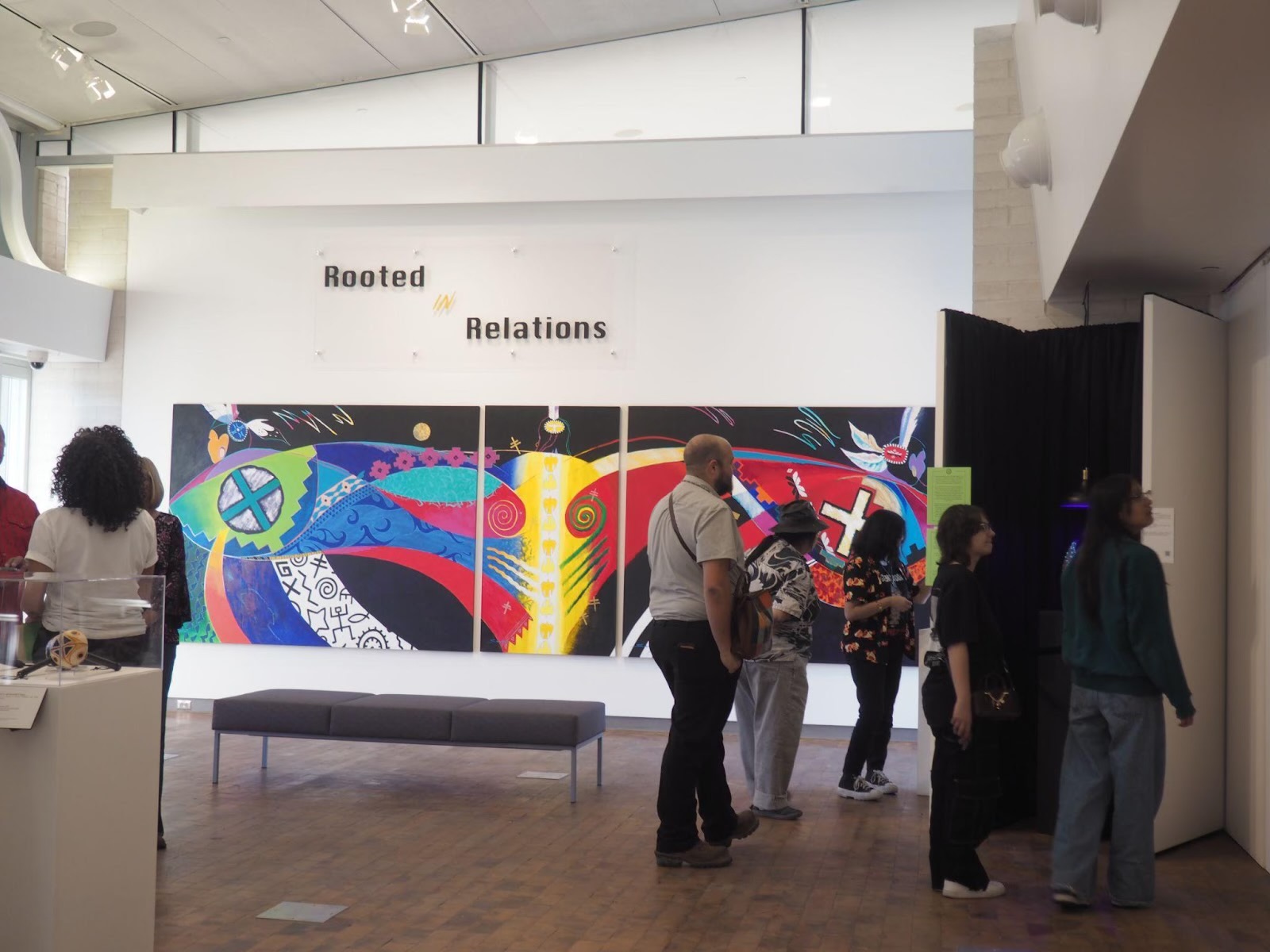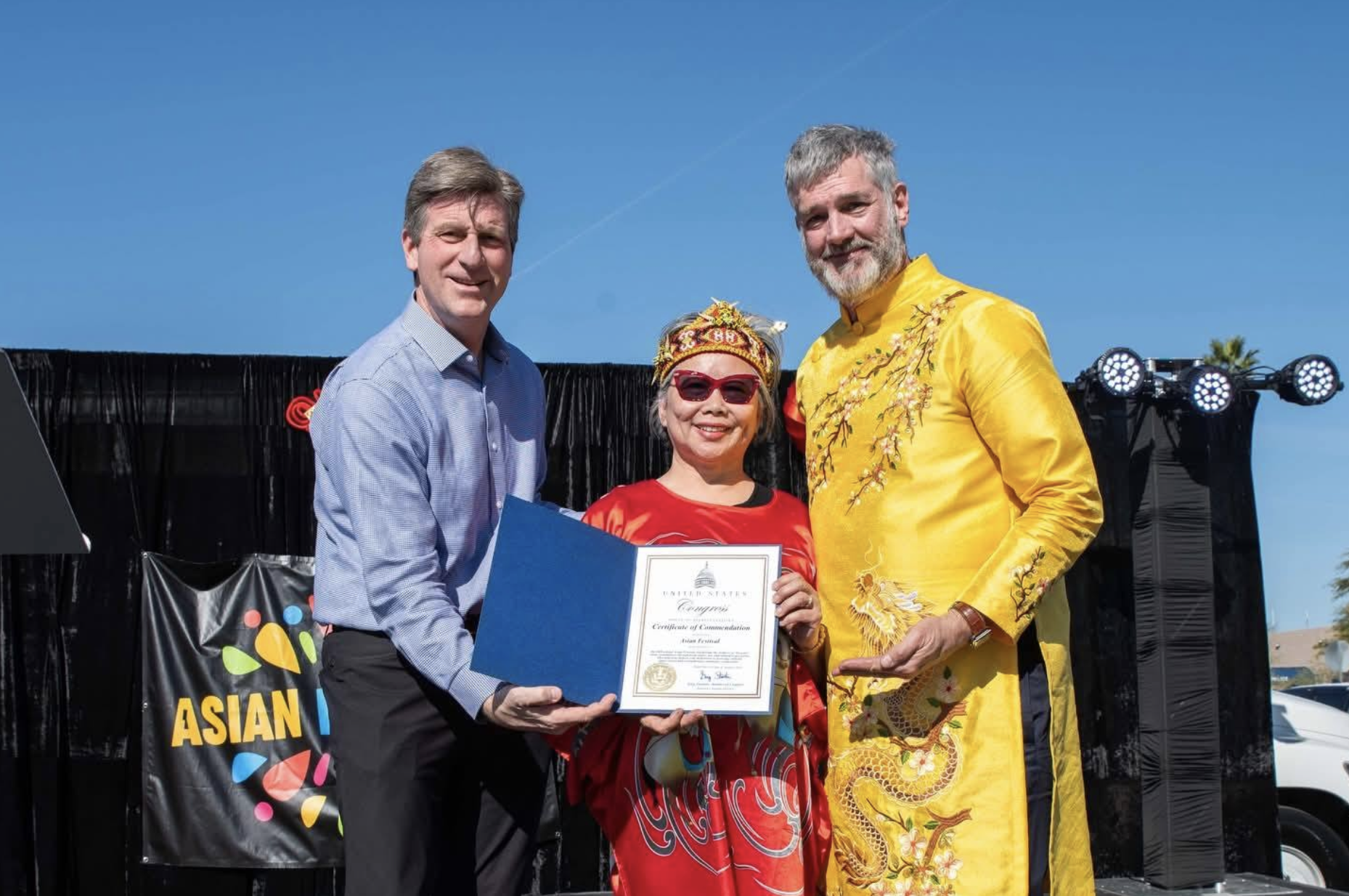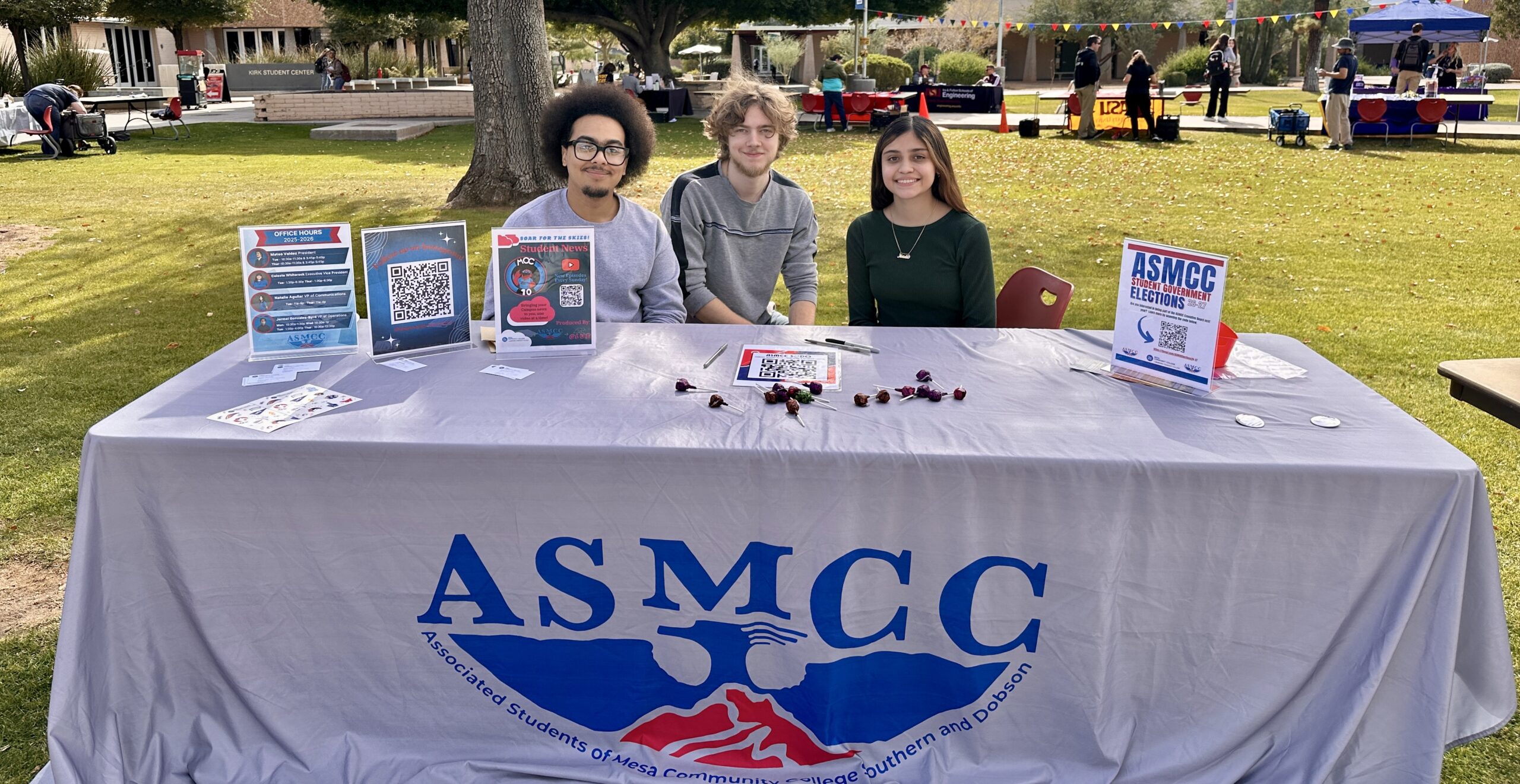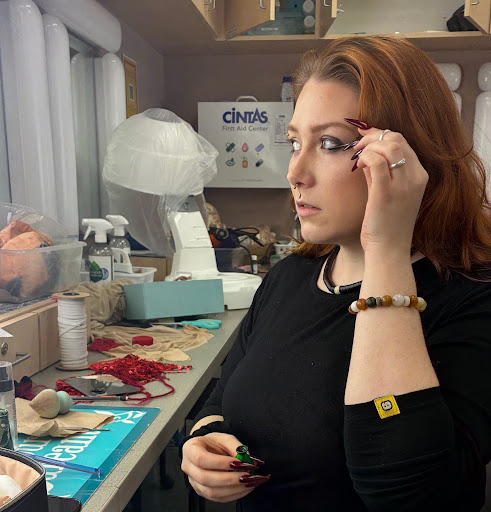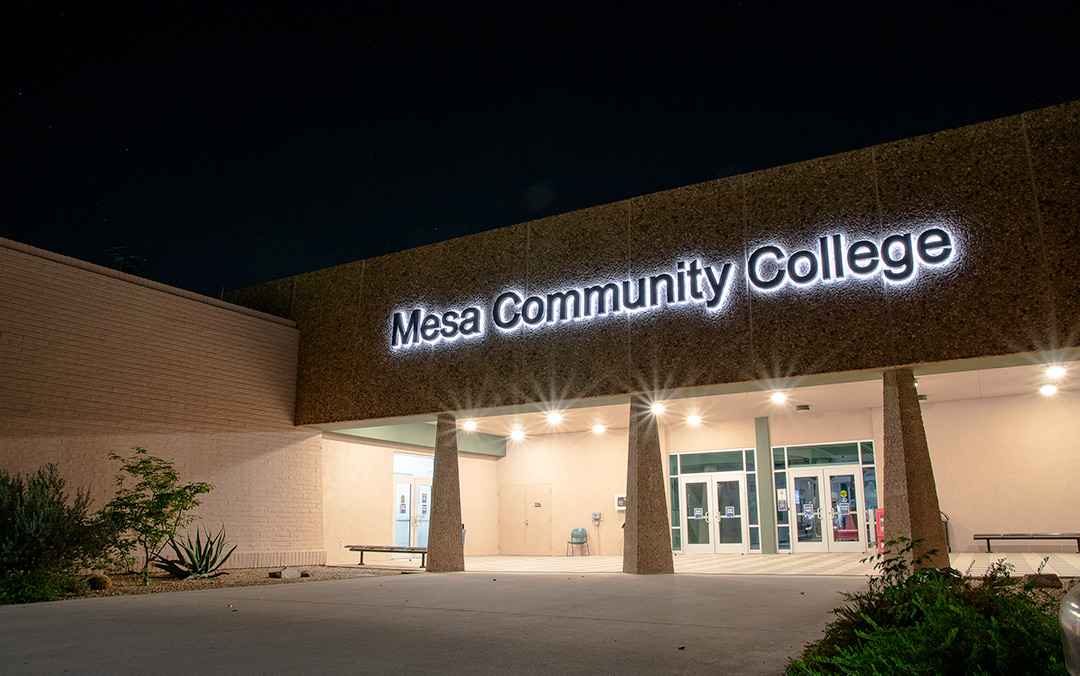Diversity and student success project receives $3 million grant
Mesa Community College (MCC) has been awarded a Title V Developing Hispanic-Serving Institutions Program grant of $3 million over the next five years.
The federal grant will fund MCC’s Students and Employees Nurtured and Developed for Academic Success (SENDAS) Project, which will reinforce MCC’s commitments to Diversity, Equity, and Inclusion (DEI) and Guided Pathways to Success (GPS). The proposal received a rare perfect score from reviewers.
“I’m very excited about moving forward in our actions to better solidify what we aspire to be, who we aspire to be,” said MCC Senior Associate Vice President Nora Reyes, the lead for the grant-writing team, “and… to provide better services for our students and for our community, ensuring that they thrive.”
SENDAS aims to accomplish three main goals: “enhanced and integrated student support, coherent, systemic professional development, and a more inclusive hiring process,” according to an announcement released by Reyes.
The grant is for Hispanic-serving institutions, which have an above-25% Hispanic student population. SENDAS, which means “pathways” in Spanish, addresses MCC’s increasing Hispanic population by identifying strategies to meet their needs and thus the needs of all students.
Reyes explained the project also focuses on employees, “…because we recognize when our employees are empowered and feel good about what they’re doing, they can better serve those that we are here to serve, and the focus of our service is ensuring student success.”
The SENDAS Project does not create new projects as much as it creates a framework out of DEI and GPS to better connect and enhance what’s already at the college for students and employees.
“We didn’t just want to dream up something completely new,” Reyes said. “We knew we had to connect with existing resources, with some areas that we knew were… strong, but could use some enhancement.”
Out of that understanding, three goals developed.
Goal one components include better advising services, a case management approach to advising and advising for STEM pathways, where Latino students have not previously been supported. It also includes boot camps, embedded tutoring and internships.
Goal two will create a coordinated package of professional development options for all employees. Cultural mindfulness and responsiveness, as well as learning communities, will empower employees to serve students’ growing diversity.
Goal three builds a workforce that better reflects the student population by bringing in a consultant to guide in practices. It will ensure trained hiring committee members have an inclusive hiring process and a broader, diverse population sees job postings.
“There’s a huge disparity particularly between our Hispanic faculty and Hispanic students,” said MCC librarian Megan McGuire. “I think it’s something like 6% Hispanic faculty to 30% Hispanic students. Yeah, so hiring a more diverse workforce… helps create a more inclusive environment, because when students can see themselves reflected in their teachers and their staff and their college administrators, you know, it helps create more of a sense of belonging.”
Last year, MCC’s proposal for the same grant was rejected. This time around, with only four weeks–from deciding to forge ahead to gathering a team and finishing all 80 pages–January was filled with evenings, weekend meetings and long phone calls in groups and subgroups. Reyes was intimidated, having only begun her new position in December, but people stepped up.
When the deadline was extended by a few weeks, the 15-person team had the opportunity to polish the proposal enough to receive that perfect score on a competitive grant.
“It was worth it! Yes, because we got the grant, and we got a perfect score on it, which seems like a miracle,” said McGuire. As the co-chair of MCC’s Strategic Planning Committee working on a DEI Strategic Priority, McGuire joined the grant-writing team to represent DEI.
For McGuire, building an environment that values diverse cultures and student voices is critical to inclusivity and a sense of belonging, which supports student success and retention.
“So, we all do better when we feel like who we are as a whole person, all parts of us, are important and valued. And we can bring all of that to campus, you know, without fear, without judgement or… feeling like we need to hide parts of who we are.”
Reyes said the timing of the grant is optimal, as the pandemic and national conversations on social justice issues like the Black Lives Matter movement are addressed productively through the grant proposal.
The work group is only the beginning. With a $3 million federal grant, Mesa Community College has the bandwidth and resources to make systemic changes to improve student success.
“… I think it really has a great… potential for reaching many, many people in a positive way,” said Reyes.
The grant was officially approved at the Maricopa County Community College District governing board meeting on Oct. 27. A case manager will be hired to oversee the SENDAS project and begin the next five years of work.
